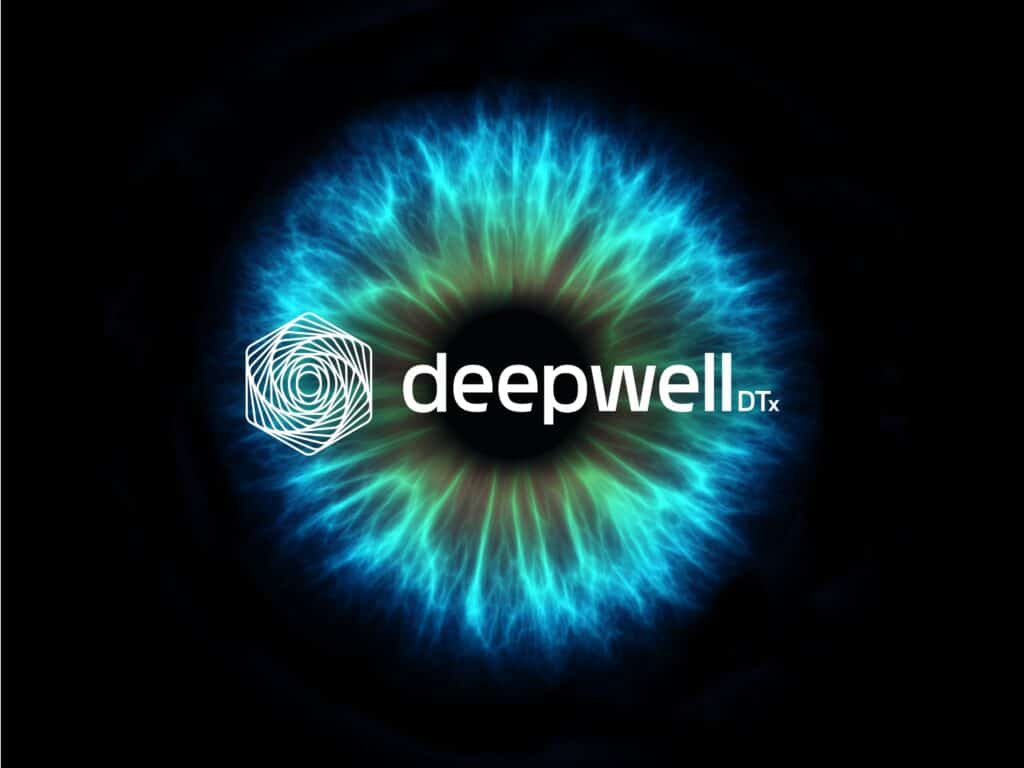DeepWell Digital Therapeutics is a company that will create video games that can be used to treat disease, and will provide external consultancy to also identify existing video games that have therapeutic value.
There are now several studies that identify some solutions based on video games as useful in helping people with disorders such as depression and ADHD. Based on these, the startup DeepWell Digital Therapeutics aims to understand how effective this approach is.
The approach today is for therapeutic video games to be made primarily as therapies, with the playful aspects in the background. The startup's goal is to reverse the terms, aiming first and foremost to create products that have the appeal and effectiveness of real video games, to ensure that patient users use them with the right intensity. Secondly, it will look at the therapeutic aspects of these games and bring micro fixes to make them more effective without affecting playability.
Play and heal

Video games have been used for therapeutic purposes for over a decade now. The first of its kind has been approved in 2020, and aimed at children with ADHD. The boom, however (needless to say) came with Covid, when the US FDA began allowing companies to market digital health products. without the normal revision process.
As mentioned, DeepWell plans to develop its own internal video games, and is developing one to launch in 2023. However, the company will also be focused on helping video game producers find and enhance the "healthier" ones.
“We don't necessarily make the game therapeutic. Games are already therapeutic,” he says Ryan Douglas, which collaborates with Deepwell.
Is it possible that some video games will be marketed as “wellness products” in the future?
It is not an easy path: the territory is still unexplored. The biggest challenge leading to the mass advent of 'healing' video games is that of evaluation. How can patients' response be verified? “Digital” therapies could have very different parameters and protocols from those needed to evaluate standard drugs and therapies.
Of course, it is clear that drugs need more rigorous testing: they can be much more dangerous than a video game in the event of a body reaction, or interaction with other drugs.
It is likely that in the next phase therapeutic video games will be approved under “substantial equivalence” processes. In practice they will obtain authorization because they are similar to other existing tools already approved by research.
It's always worth remembering, though. Before we move on to “video games are bad for you” to “the doctor ordered a month of video games for my son” it should be remembered that this research explores the possibilities of treatment for mild or moderate conditions.


